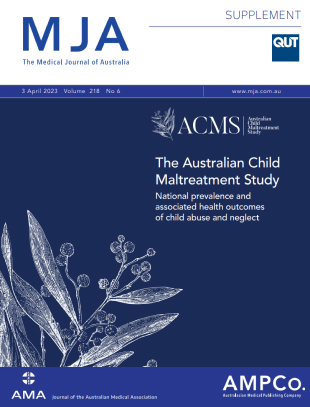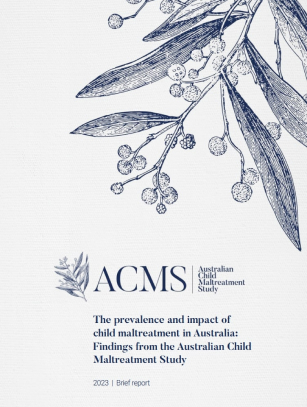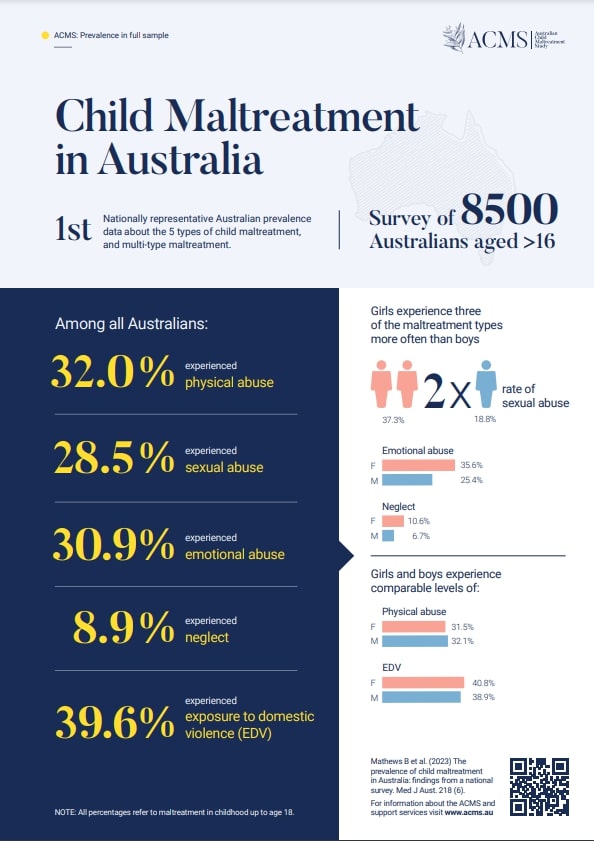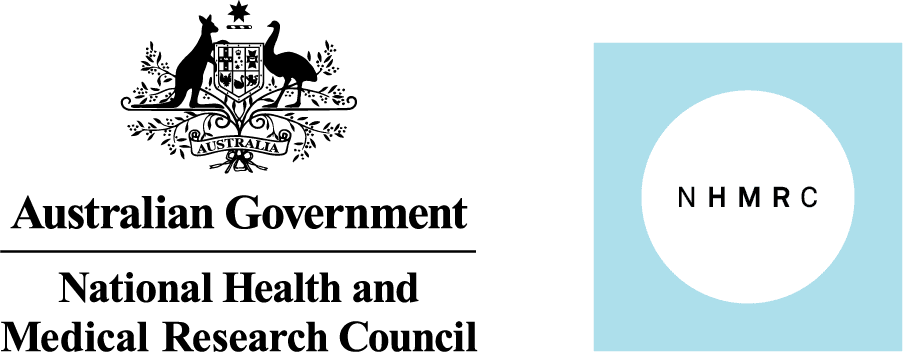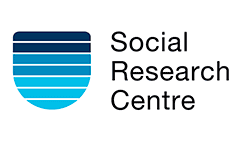Main findings of the ACMS: 2023
In April 2023, the Australian Child Maltreatment Study team published the primary outcomes of the study in a special supplement of the Medical Journal of Australia and in a report. The ACMS generated the first national Australian prevalence estimates of the five types of child maltreatment, and their associated adverse impacts on health and other outcomes.
We found four of the five types of child maltreatment are widespread in Australia. We also found that the harms associated with maltreatment are often severe and begin from an early age. Moreover, these harmful outcomes generally persist over life, still being apparent in people aged 45 and older.
The ACMS has found that Australians who experience maltreatment are substantially more likely to have:
⋅ mental health disorders
⋅ health risk behaviours
⋅ higher health service utilisation.
We identified the prevalence of each type of child maltreatment across the Australian population (aged 16 and over), as shown below. You can see our primary findings here.
VIEW MORENew findings of the ACMS: 2024 to date
In 2024, we have published new articles about important topics. These include: child sexual abuse prevalence by different perpetrators; child sexual abuse prevalence by leaders and adults in religious organisations; prevalence of diverse genders and sexualities and associations with child maltreatment and multi-type maltreatment; child maltreatment and associations with mental disorders and risk behaviours among gender diverse participants.
Forthcoming works present major new findings on: disclosure of child sexual abuse; prevalence of bullying; prevalence and associated outcomes of different types of emotional abuse; prevalence of online childhood sexual victimisation.
We continue to engage with governments to translate ACMS results into reforms to policy, procedures, practice and practitioner education. Government departments across portfolios are making significant reforms, informed by the ACMS results, to improve outcomes for children, families, and those with lived experience.
We also have extended our engagement and knowledge translation in 2024 to overseas audiences. In 2023, we delivered over 100 presentations, mostly in Australia. In 2024, we have shared our work at major conferences and with leading research groups in the USA, Canada, the UK, and Sweden. Work with international policy bodies has shown the international significance of the ACMS research.
experienced
physical abuse
experienced
sexual abuse
experienced
emotional abuse
experienced
neglect
experienced
exposure to
domestic violence
About the ACMS
The Australian Child Maltreatment Study (ACMS) is a landmark study of the prevalence of child maltreatment. We have generated essential data on how many Australians have experienced each of the five types of child maltreatment (physical abuse, sexual abuse, emotional abuse, neglect, and exposure to domestic violence). We also measured associations between these different types of child maltreatment and mental disorders, health risk behaviours, and conditions, and the burden of disease.
Informed by this evidence, we made recommendations for reform and urged governments to take action to better prevent and respond to child maltreatment. Our findings and these recommendations are already informing policy and practice reforms to reduce child abuse and neglect in Australia. Our study is also important globally as it is one of the most comprehensive studies on child maltreatment ever conducted. Other countries are now considering how they may implement similar studies.
More about the study









Impact Of
Child
Maltreatment
ACMS findings have highlighted the early and ongoing harm associated with child maltreatment in Australia. Our findings show the influence of child maltreatment extends far beyond childhood and can persist across the life. Our data shows Australians who experience childhood maltreatment (physical abuse, sexual abuse, emotional abuse, neglect, and exposure to domestic violence) are substantially more likely to have a mental disorder, engage in health risk behaviours, and to have high health service utilisation.
The relationship between maltreatment experiences and these outcomes is complex and may be influenced by numerous factors. We found emotional abuse, sexual abuse and multi-type maltreatment (where an individual experiences more than one different type of maltreatment) are associated with the worst outcomes. This highlights that while it is essential to reduce all types of maltreatment the reduction of these types in particular is especially important.
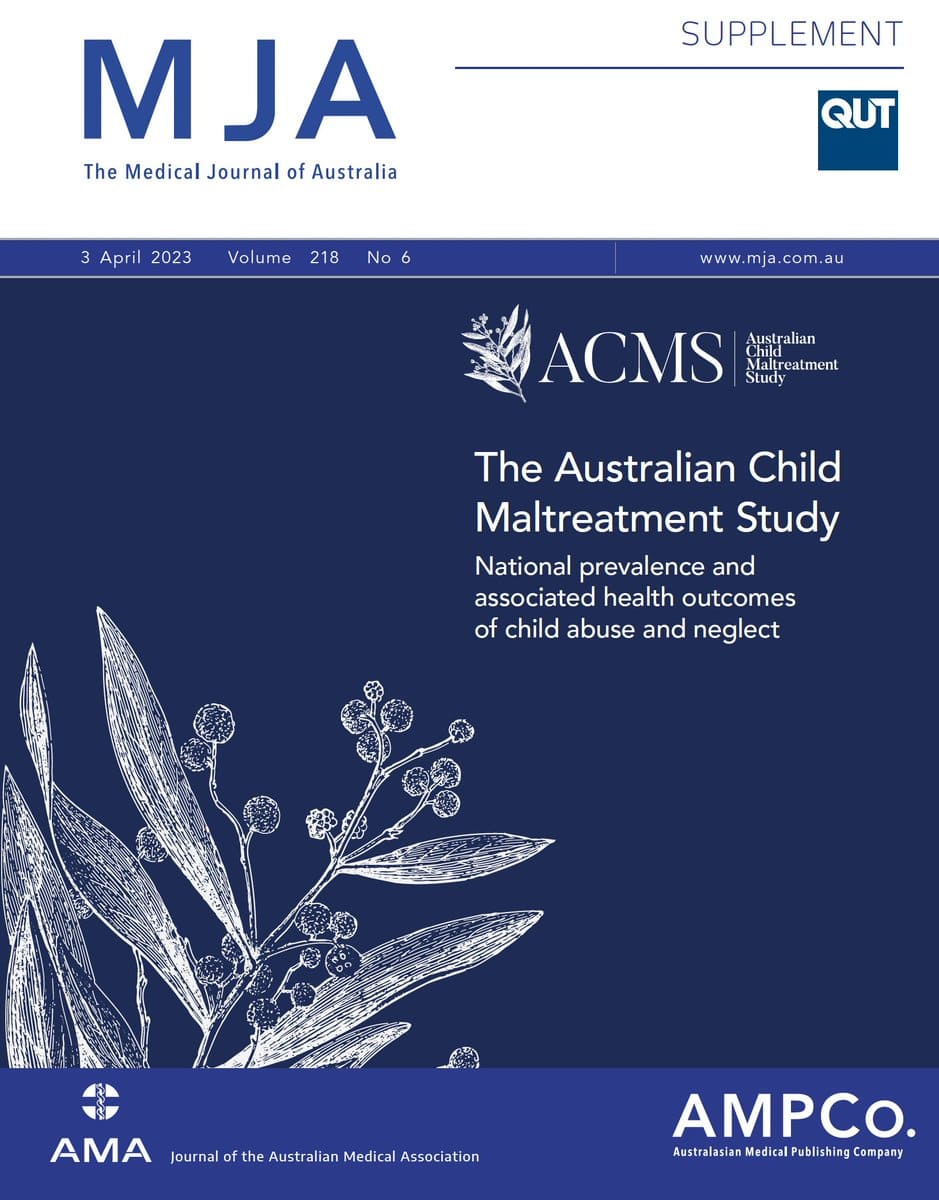
Our partners
The ACMS is proud to partner with the National Health and Medical Research Council, The Social Research Centre, and the Australian Government on this important project. For more information about our partners please click here.

